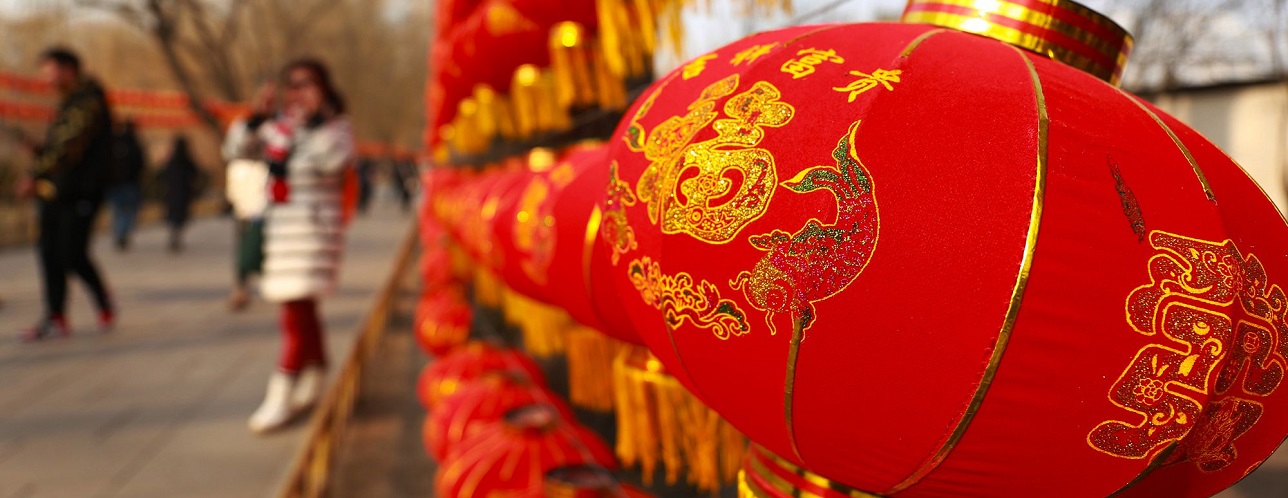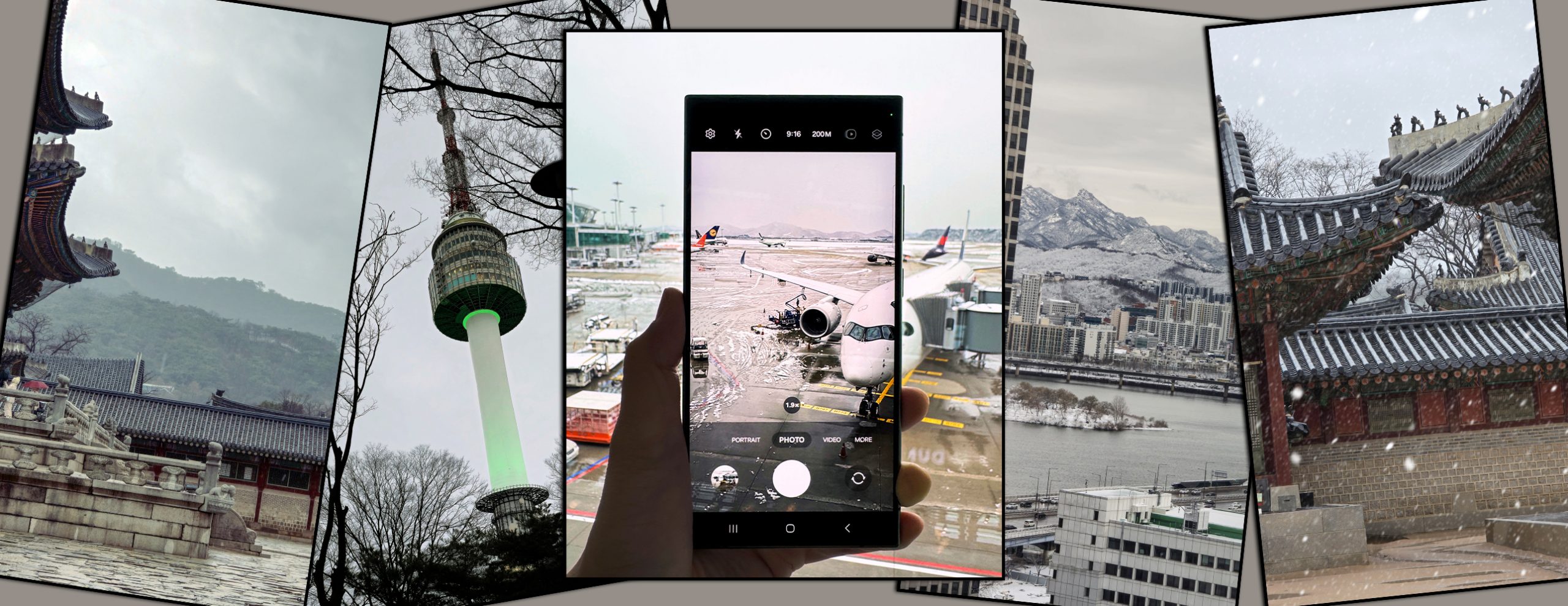It seems like just yesterday when we ushered in 2020, and with Chinese New Year just around the corner, we’re all no doubt busy with our preparation for the auspicious day. In addition to the annual routine of shopping for new clothes, spring cleaning the home (and office space), it is also important to take note of what you do during the period.
We’ve all heard of Chinese New Year Superstitions which are believed to act like customs that we observe during the festive period for a prosperous rest of the year. It’s one thing whether you believe them or not, but there’s no denying that we can never be too careful with tradition (even when the consequences may sound ridiculous) especially during this time of year. To give you an idea of what these are, here are 10 common superstitions that you need to know.
1. Cussing, Badmouthing, and Using Negative Words

There’s no use denying that we’ve all found ourselves in situations where cussing has been our only form of expression. Unfortunately for us (and the recreational potty mouths), all forms of negative speech (which includes similar-sounding words in Mandarin) must be avoided in conversation during the festive period to avoid a year of unnecessary bad luck.
However, in the event that you do let slip a word or two, immediately follow-up with nice and kind words to dispel the negativity.
2. Breaking Things

Breaking any bowls, plates, glass, vase, or mirror on CNY is a big no-no because it can result in money loss and even a possible family split in the future. So, if you are prone to being a bit of a klutz when handling fragile items, you might want to get someone with steadier hands to handle the table setting duties instead.
With that said, accidents are still likely to happen. In this case, have the fragments collected and wrapped in a red paper or cloth and say a few auspicious phrases which include ‘岁岁平安’ (sui sui ping an), which asks for peace and security every year. Don’t dispose of your wrapped up shards immediately. Keep them and only throw them away after the fifth day of the Chinese New Year.
3. Sweeping or Cleaning The House

As with tradition, Chinese families typically do their spring cleaning before the first day of CNY and not on the actual day itself because doing so results in the idea of sweeping away your good luck and prosperity. Pouring water outside should also be avoided as flowing water is known to indicate the movement of money which, in this case, is leaving home.
If you are a stickler for keeping your home clean, start with sweeping your home from the outside in. This imitates the act of collecting money which is what you should be aiming for this Lunar New Year.
4. Visiting Your Wife’s Family

This superstition is based on the tradition where multiple generations live together under one roof after the bride moves into the groom’s home. As such, it is said that the bride shouldn’t visit her parents on the first day of Chinese New Year because it is indicative of marriage problems, and might also bring about bad luck to the entire family.
Although we are not sure how this works in today’s context, the solution to this superstition is to visit the wife’s family on the second day instead with the children and a modest gift in tow.
5. Lending and Borrowing Money

Allowing someone to borrow your money is something you definitely should not do during Chinese New Year. Lending money is an unlucky omen and could lead to economical loss or even pave the way for more and more borrowers to come to you all through the year. On the other hand, borrowing money could end in you having to borrow the entire year.
As such, it is imperative that you return any money that you owe before Chinese New Year. If you are the lender, ask for your money back only after the fifth day of CNY which will ensure that both parties do not receive any sort of bad luck.
6. Arguing, Crying and Fighting

These are things that you logically wouldn’t want to do especially on the first day of Chinese New Year. According to superstition, those who cry will end up crying throughout the year, and a child crying could bring misfortune to the whole family.
If you encounter any arguments or fights, the best way is to resolve them peacefully. Children should also not be reprimanded or punished. Instead, be happy and make sure your loved ones are happy to ensure a smooth path in the new year.
7. Black and White Clothes

As much as we all prefer solid black and white clothes, these colours are widely associated with tragic events such as funerals and should be avoided during the Chinese New Year.
Instead, wear brightly-coloured clothes like red, which is a known lucky colour for the Chinese during this period. As opposed to the mourning vibe of black and white, bright colours bring a form of positive energy with them, which is essential for the new year.
8. New Year Blessings in Bed

While it is okay to wish each other Merry Christmas while we’re still in bed, it is not okay to give New Year blessings when the recipient is still in bed. Doing so could mean they’ll be bedridden for the entire year. This also applies to telling someone to ‘wake up’ as it could mean them being rushed and bossed around for the year.
To solve this, simply let your family members rest and wake up on their own. Wait for everyone to be out of bed then reconvene in the living room for the exchange of greetings.
9. Porridge For Breakfast

As the poor in China could only afford porridge in the past, the food item is considered an inappropriate first meal of the year as it reflects a down-and-out life.
To counteract this, have a more filling breakfast or even leftovers from the previous night’s reunion dinner as it symbolizes a bountiful and filling year ahead.
10. Visitation on the Third Day

It is said that the third day of the Chinese New Year is considered ominous as it is the day of the Red Dog (who also happens to be the God of Blazing Wrath), which is believed to be a day where quarrels and fights can happen easily.
An easy solution to this is to try and visit friends and family within the first two days, or skip the third day and resume visitation on the fourth day.
Feature image credit: NY Post











You must be logged in to post a comment.